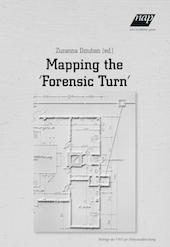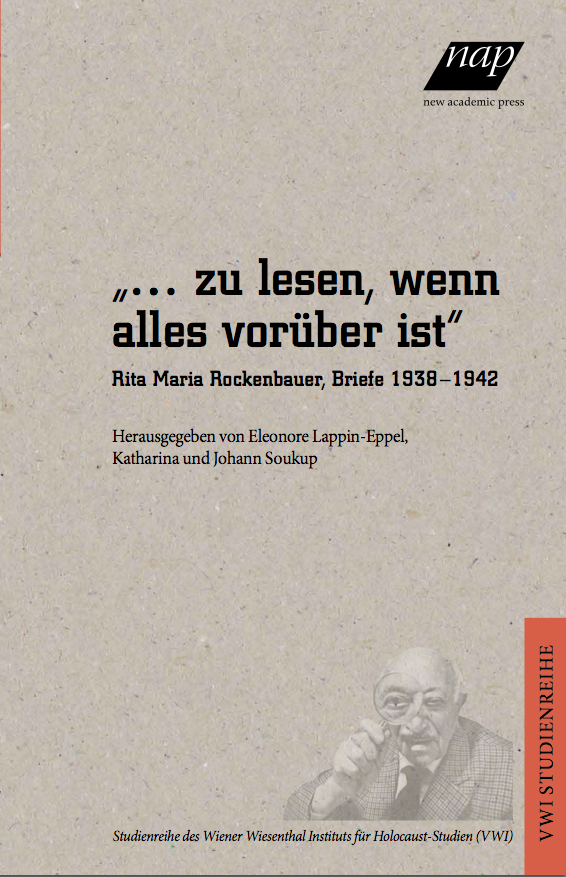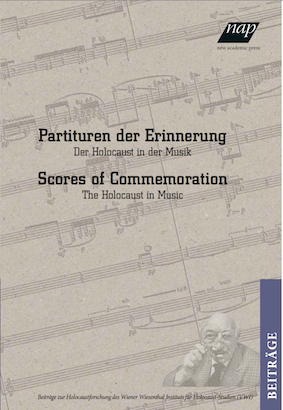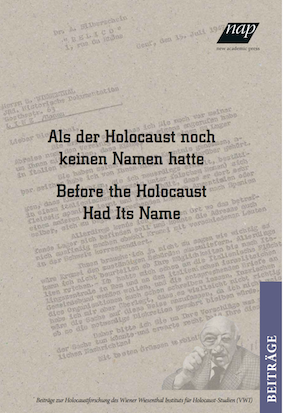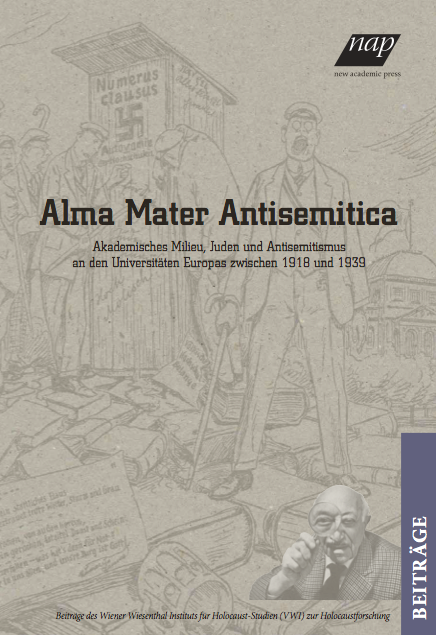 In his Simon Wiesenthal Lecture, the British historian Robert Knight attempted to trace the fates of his grandparents in their political, human, and familial contexts, and to discern the roots of their thoughts and actions. Heinrich Scheuer remained not only connected but deeply loyal to the state of Austria in all its incarnations through the first half of the twentieth century. Alice Scheuer was dedicated to Austrian modernity and its avantgarde. Their Jewish backgrounds were hardly relevant, identity – as the historian was able to deduce from the available documentation – was not a question to them, or if it did, it did so only in the background, not noticeably or even discernibly. It was only of importance to the others: The conflicts already reached a climax under the Dollfuß dictatorship. Following the ‘Anschluß’, their two children – Georg and Rose – manage to escape. The parents remained, were deported to Maly Trostenets, and murdered. It would take a long time for the children to come to terms with their parents’ past, which left many unanswered questions, resonating even among their descendants.
In his Simon Wiesenthal Lecture, the British historian Robert Knight attempted to trace the fates of his grandparents in their political, human, and familial contexts, and to discern the roots of their thoughts and actions. Heinrich Scheuer remained not only connected but deeply loyal to the state of Austria in all its incarnations through the first half of the twentieth century. Alice Scheuer was dedicated to Austrian modernity and its avantgarde. Their Jewish backgrounds were hardly relevant, identity – as the historian was able to deduce from the available documentation – was not a question to them, or if it did, it did so only in the background, not noticeably or even discernibly. It was only of importance to the others: The conflicts already reached a climax under the Dollfuß dictatorship. Following the ‘Anschluß’, their two children – Georg and Rose – manage to escape. The parents remained, were deported to Maly Trostenets, and murdered. It would take a long time for the children to come to terms with their parents’ past, which left many unanswered questions, resonating even among their descendants.


